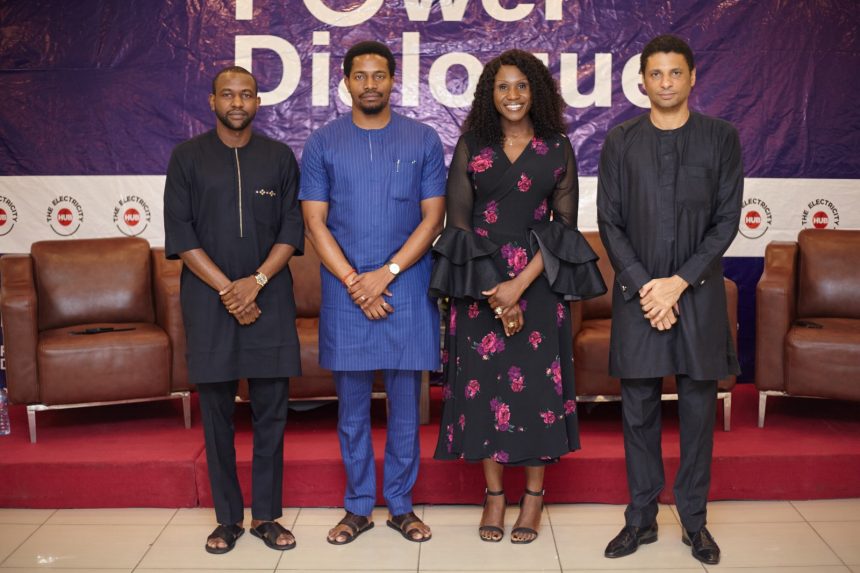…Says Nigeria presently exports around 14% of LNG To European Union
Experts in the energy sector took to the 85th Power Dialogue organised by The Electricity Hub (TEH) in Abuja to make a critical assessment and came to the conclusion that Nigeria would be needing nothing less than N1.9 trillion to successfully implement Net Zero Emissions plan under the Nigerian Energy Transition Plan (ETP).
The dialogue had as its themes – ‘Analyzing the Nigerian Energy Transition Plan’ – and ‘Nigeria’s Energy Transition Plan: Reforms and Implementation’ after which it concluded that the ETP would remain just a plan if a feasible pathway is not evolved, especially as the challenge of financing gas initiatives has emerged due to the plan.
The panellists at the session noted that by 2040, there will be a significant shift in the gas utilization portfolio, which implies that Nigeria will focus on the domestic sector as the global market diminishes.
However, the role of gas is envisioned as the transition fuel because of its abundant availability whereas Nigeria presently exports around 14% of LNG gas to the European Union, the dialogue noted.
According to a release issued after the session, “one prominent hindrance to our gas development lies in natural gas pricing within the domestic economy.
“Particularly, the gas allocated to the power sector is traded at deregulated rates within the industry. This occurs unless an interested buyer or seller is identified. Regrettably, the advantages of this often remain underutilized.”
The panelists include special energy experts from the energy sector, including Zira John Quaghe, serving as Nigeria’s Focal Person at The African Climate Foundation; Jennifer Ifeanyi-Okoro, the Vice President of Public Policy at Sun King; Charles Majomi, a Partner specializing in Gas and Energy Transition at The Nextier Group; and Chibuikem Agbaegbu, the Program Manager at Nigeria Off-Grid Market Accelerator, who was the Moderator.
Jennifer Ifeanyi Okoro, who discussed the strategies and targets involved in the energy transition pathway, stated that one important strategy used to connect to many people is the affordability of the products because the company targets mostly the poor.
She buttressed her point with some achievements recorded by Sun King (an off-grid solar company).
According to Okoro, “about N1.9 trillion is needed for Nigeria to get to Net Zero in 2060, which is a lot of money”.
She pointed out the most difficult challenge in the Energy Transition Plan is sheer poverty, arguing that unless ” we proffer solutions to Nigeria’s basic needs, such as housing, access to clean water and energy, food, education and more, the Net Zero will continue to elude us for a sustainable future”.
Zira John Quaghe highlighted the climate goals and how the energy transition fits in. He highlighted major factors for the energy transition plan and stated points that referred to accountability mechanisms.
He explained that there are five countries gearing towards achieving the Net Zero plan, and Nigeria isn’t part of those countries.
Zira explained the climate finance market strategies from the philanthropy point of view, pointing out how philanthropy can help to align budgetary and physical planning. He also stated how Nigeria could improve its quality of climate change discourse.
Charles Majomi stated that one of the gas stories is that Nigerians refuse to accept the fact that adding value to gas enhances socio-economic welfare.
He noted that how Nigeria had lost the opportunity to leverage gas as its primary resource, stressing that the key element of the Energy Transition plan is the transition away from dirty fuels. Therefore, he emphasized that gas will continue to be used productively as an export resource.
The experts concluded that energy transitioning is an intensive task, that has to be gradual and intentional to ensure continual improvement and sustainability.
They argued that Nigeria which has abundant resources to transition to Net-Zero, needs the right policies, plans and strategies incorporation with regulations, otherwise, it will keep revolving in the circle of carbon emissions.












